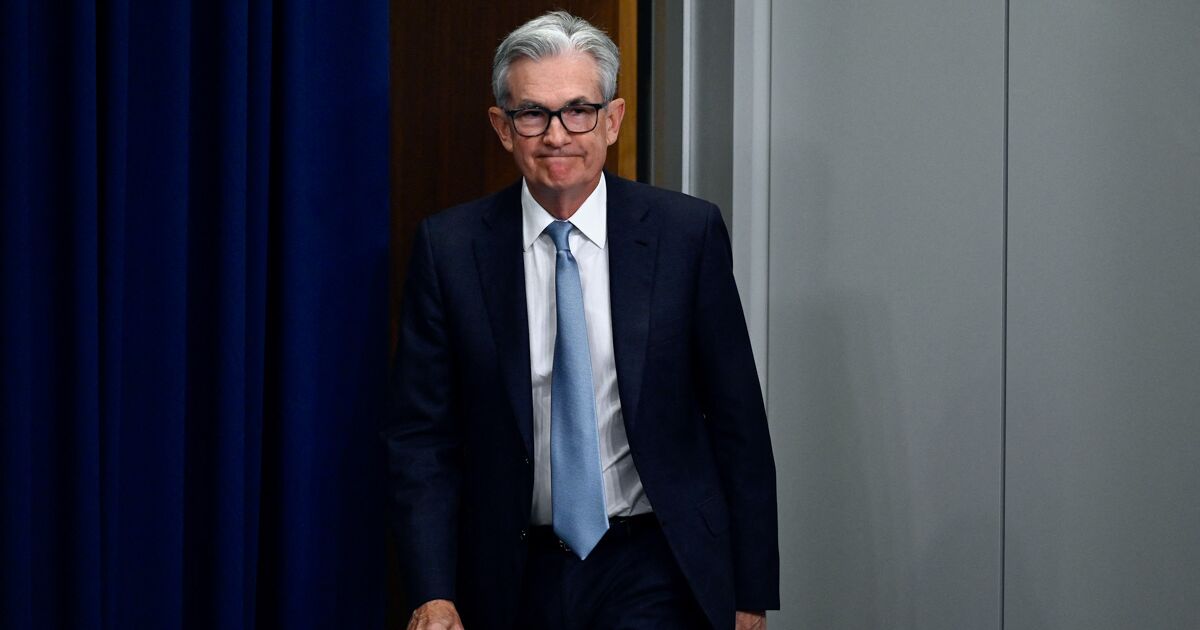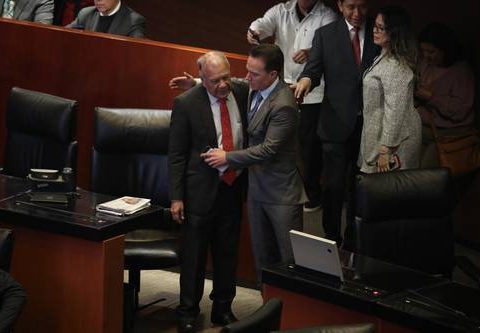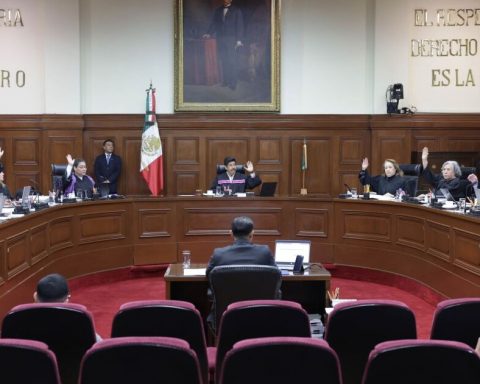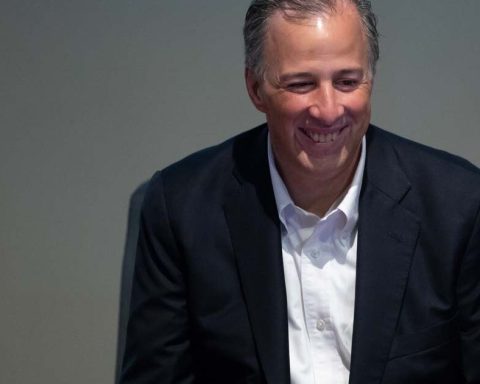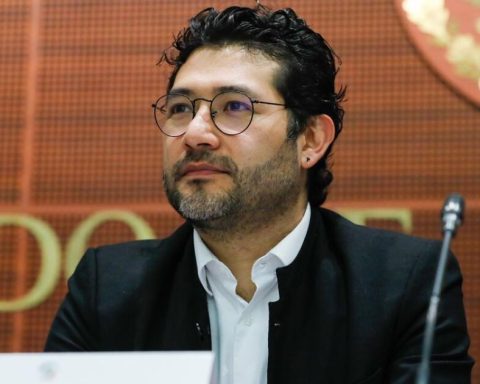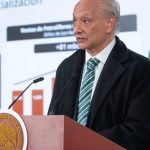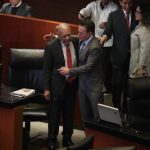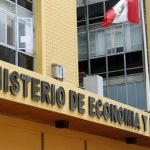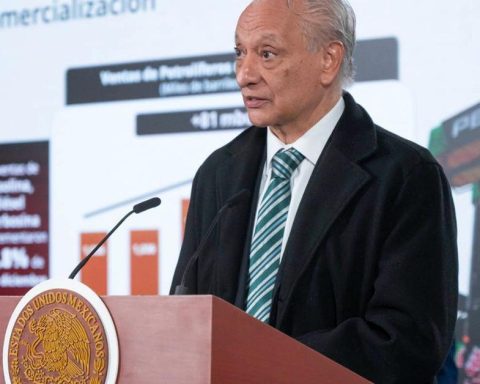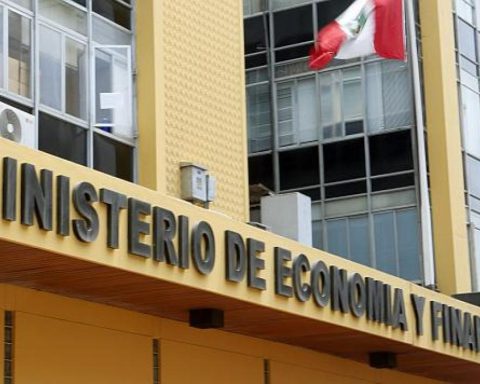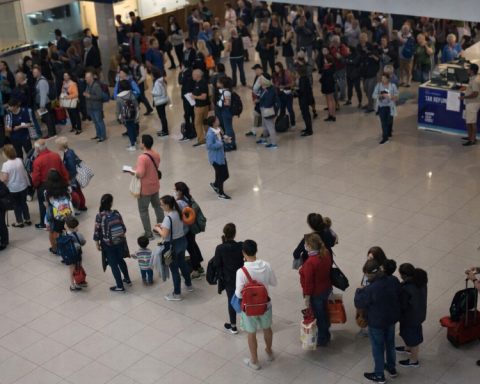The most eagerly awaited moment of this international meeting will be the speech by Fed Chairman Jerome Powell on Friday.
The President of the European Central Bank (ECB), Christine Lagarde, will not be present. But Isabel Schnabel, who sits on her board representing Germany, will participate in a panel on Saturday. The governor of the Banque de France and member of the ECB’s council of governors, François Villeroy de Galhau, will intervene on the same day.
Andrew Bailey, Governor of the Bank of England (BoE), confirmed his presence but announced that he will not speak. “The cards are on the table in economic matters: a common enemy that is inflation, a risk of doing too much to cool down the economy. You have to choose between the two,” Gregori Volokhine, portfolio manager at Meeschaert Financial Services, summed up before the meeting. , in dialogue with AFP.
However, “the Fed cannot say that it must choose (…) between increasing unemployment or lowering inflation, but it is the choice it has,” he adds – “Transition” – This meeting will take place at a time when in all In the world, central banks adjust their rates upwards to fight inflation, even though this may affect the recovery after the pandemic.
An increase in interest rates makes credit more expensive and therefore slows down consumption and investment, thus cooling the economy and putting pressure on prices. The Fed has already raised its benchmark interest rates four times since March, and the market is wondering about the magnitude of future hikes that are taken for granted.
12-month US inflation moderated in July, to 8.5% from 9.1% in June, a figure that marked a 40-year high. Investors anxiously await the next Fed meeting on September 20 and 21, and specialists debate whether the increase in interest rates will be half a percentage point or three quarters of a point, as in the last two occasions. Reference rates in the United States are between 2.25%-2.50%, close to a level considered “neutral” of 2-3%, which does not stimulate or slow down economic activity. Jerome Powell, in his speech on Friday, “will want to emphasize the likely transition with monetary policy going forward.
One thing they want to communicate is that they are focused on price stability issues,” said Jonathan Millar, an economist at Barclays.
Credibility
“Jackson Hole could be very important in enlightening us” on the hypothesis of keeping rates high despite an economic slowdown, said Mazen Issa, a foreign exchange specialist at TD Securities.
The GDP of the United States contracted in the first and second quarters, a succession that responds to the classic definition of recession, although in the United States other parameters are considered to determine that stage of the economy, such as the level of employment. The United States registers 3.5% unemployment, a historical low equivalent to the level of February 2020, before the pandemic.
The economy recovered all the jobs lost during the coronavirus. A year ago at the same meeting, Powell spoke of “transitory factors” to explain inflation, and warned of a premature rate adjustment. But since then, inflation has set in.
In the euro zone, the rise in prices broke a record, at 8.9% in 12 months. England, for its part, has double-digit inflation, at 10.1%. “There should be many discussions about a possible greater damage to the credibility” of the central banks, with this trajectory error for inflation, and “what could be done to repair it,” Carola Binder, professor of Economics, estimated in dialogue with AFP. at Haverford College in Pennsylvania.
